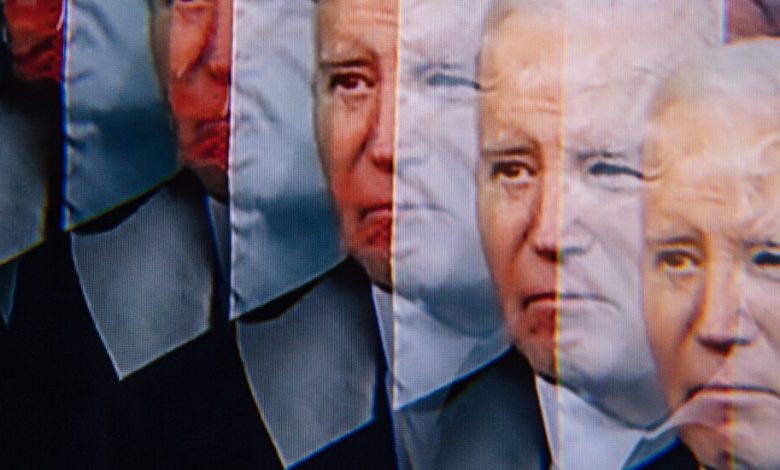Why It’s Hard to Explain Joe Biden’s Unpopularity

Joe Biden is one of the most unpopular presidents in modern American history. In Gallup polling, his approval ratings are lower than those of any president embarking on a re-election campaign, from Dwight Eisenhower to Donald Trump.
Yet an air of mystery hangs around his lousy polling numbers. As The Washington Free Beacon’s Joe Simonson noted recently, just surfing around most American media and pop culture, you probably wouldn’t realize that Biden’s job approval ratings are quite so historically terrible, worse by far than Trump’s at the same point in his first term.
Apart from anxiety about his age, there isn’t a chattering-class consensus or common shorthand for why his presidency is such a political flop. Which is why, perhaps, there was a rush to declare his State of the Union address a rip-roaring success, as though all Biden needs to do to right things is to talk loudly through more than an hour of prepared remarks.
When things went south for other recent chief executives, there was usually a clearer theory of what was happening. Trump’s unpopularity was understood to reflect his chaos and craziness and authoritarian forays. The story of George W. Bush’s descending polls was all about Iraq and Hurricane Katrina. When Barack Obama was at his polling nadir, most observers blamed the unemployment rate and the Obamacare backlash, and when Bill Clinton struggled through his first two years, there was a clear media narrative about his lack of discipline and White House scandals.
With Biden, it has been different. Attempts to reduce his struggles to the inflation rate are usually met with vehement rebuttals, there’s a strong market for “bad vibes” explanations of his troubles, a lot of blame gets placed on partisan polarization even though Biden won a clear popular majority not so long ago, and even the age issue has taken center stage only in the past few months.
Some of this mystification reflects liberal media bias accentuated by contemporary conditions — an unwillingness to look closely at issues like immigration and the border, a hesitation to speak ill of a president who’s the only bulwark against Trumpism.




